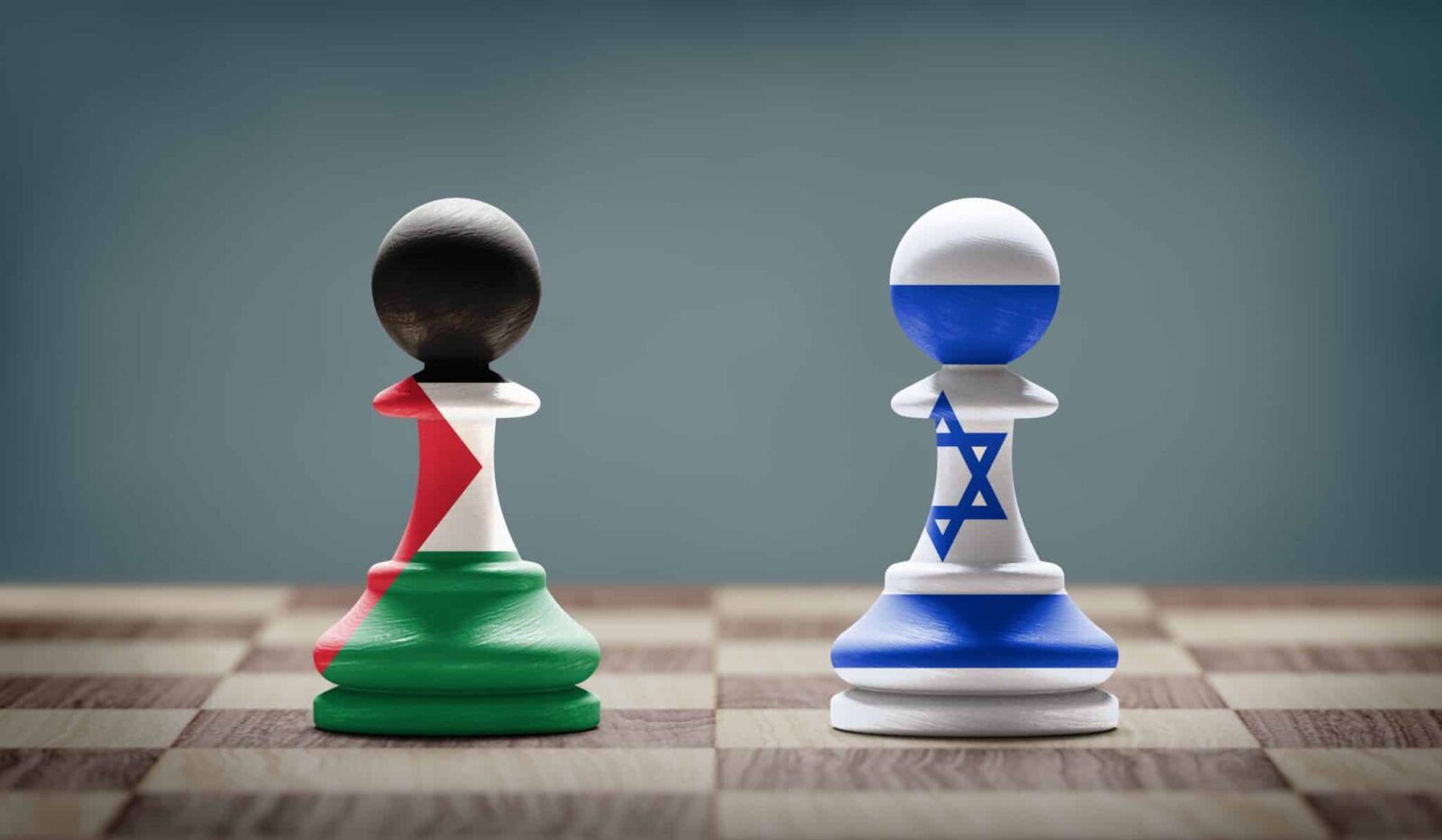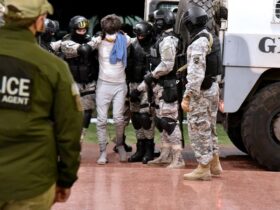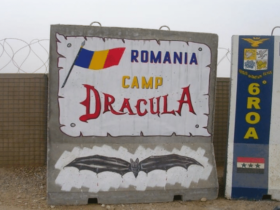I recently read a detailed draft proposal to put international military forces on the ground in Gaza to stop the war between Hamas and Israel. While well-meaning, any such plan, especially right now, would be a grave mistake. Indeed, instead of crying out for a ceasefire and “peace now” in Gaza, we need to give war a chance.
This is not a new concept; I wrote about the concept of “give war a chance” right here in The Havok Journal, in the context of the Syrian civil war. But I can’t take credit for the original idea. I was first exposed to the concept in graduate school, through the writing of Edward Luttwak. Published in the prestigious Foreign Policy magazine, Luttwak’s work espoused what was, for me, a shocking reversal of the belief that all wars are bad and should be stopped as quickly as possible. After carefully considering his rationale, I realized that he was right. In the following paragraphs I am going to excerpt heavily from my previous “Give War a Chance” article and then apply it to the current situation with Hamas and Israel.
Luttwak’s “Give War a Chance” was controversial and thought-provoking because it exposed the fundamental paradox of military intervention: that by intervening, peacekeepers often unintentionally make the situation worse. That is because warfare, often cited as “politics by other means,” is also a form of communication. Through fighting, information is exchanged about capability, intent, and will, all of which contribute in one way or another to a war’s ultimate outcome.
By intervening prematurely, peacekeepers interfere with this communication between the warring parties and either change the fundamental political calculus of warfare, or worse, prevent its resolution entirely. This is because outside-enforced ceasefires artificially halt the entropy inherent in warfare, thereby preventing one side or the other from becoming exhausted or defeated, and instead allowing both sides to rest, re-equip, re-arm, recruit, and prepare for the next round of fighting.
Far from ending a conflict, well-meaning military interventions paradoxically ensure a conflict’s continuation by preventing among the combatants a condition that Luttwak calls “an imbalance of strength sufficient to end the fighting.” Prematurely separated before the conflict can come to a meaningful conclusion, combatants merely bide their time while preparing for the next round of fighting, which is likely to occur the moment peacekeepers are out of the way.
That is exactly what would happen if the international community (i.e. America) was to intervene in Gaza with “boots on the ground.”
The proper time for international involvement in an active conflict is AFTER one side or the other has been sufficiently exhausted by the fighting and is willing to submit. That is when a credible outside organization might have a chance of implementing the terms of a long-term settlement. To intervene in a militarily meaningful way prior to this sets the stage for a long-term non-solution to the fundamental issues that are driving conflict.
That “rush to intervention” is exactly the problem we have with Hamas today. In every other period of conflict between Israel and Hamas, a hue and cry immediately went up, and pressure was placed on both sides (but mainly on Israel) to stop the fighting. Then, the fighting ceased… until it didn’t anymore. And because the sides were separated before one of them emerged as the unequivocal winner, the fighting happened again. And again. And again.
A predictable cycle emerged: Hamas launched widespread attacks against Israel, which killed some Israelis. Israel retaliated, and large numbers of Palestinians died–largely because Hamas wanted them to. As the Palestinian death count rose, Hamas cried their crocodile tears and the world blamed Israel. Israel stopped the fighting, usually before they were ready to do so, which then gave Hamas the breathing room necessary to continue the conflict at a later time.
True to form, immediately after Israel began to retaliate against Hamas for the atrocities of 7 October, 2023, the demands for ceasefire began. The loudest voices decrying Israel over their offensive actions was, of course, Hamas. That is to be expected; they are, after all, world champion “soccer floppers” when it comes to complaining about inevitable reactions to situations that they caused. However, the American political Left, including many of the members who call themselves “The Squad,” was right behind them.
AOC, Ilhan Omar, and all of the rest of the politicians demanding a ceasefire are just as wrong as the individuals I mentioned at the beginning of this article who want to help stop the fighting by intervening militarily on the ground. Despite the carnage, the time is not right to stop the fighting. To do so will only prolong the misery of the Gazans, and set the conditions that will endanger countless others in the future. The people of Gaza can only be truly free once Hamas is truly defeated. Until that happens, the conflict needs to continue.
Before I conclude, I want to make it clear that I am not unsympathetic to the plight of the millions of Palestinian civilians, many of whom are children or otherwise completely innocent of the atrocities that Hamas carried out in their name, we have been killed, injured, displaced, or otherwise harmed in this ongoing conflict. Innocent Palestinians do not deserve death at the hands of the Israelis, or anyone else, intentional or not.
Nor is this the obligatory “both sides” argument; I hope which side I’m on in this conflict is clear (in case it’s not: I’m on America’s side). To the contrary, I have met many Palestinians in my many travels to the Levant, and many more in the Palestinian diaspora. People are people wherever and whoever they are, and they deserve to live in peace and security, just like we do in America. One day peace–a true peace–will settle over Gaza. Unfortunately, until then, and to the great detriment of the people of Gaza, we need to give war a chance.
_______________________
Scott Faith is a veteran of a half-dozen combat deployments and has served in several different Special Operations units over the course of his Army career. Scott’s writing focuses largely on veterans’ issues, but he is also a strong proponent of Constitutional rights and has a deep interest in politics. He often allows other veterans who request anonymity to publish their work under his byline. Scott welcomes story ideas and feedback on his articles and can be reached at havokjournal@havokmedia.com.
As the Voice of the Veteran Community, The Havok Journal seeks to publish a variety of perspectives on a number of sensitive subjects. Unless specifically noted otherwise, nothing we publish is an official point of view of The Havok Journal or any part of the U.S. government.
© 2024 The Havok Journal
The Havok Journal welcomes re-posting of our original content as long as it is done in compliance with our Terms of Use.









Leave a Reply